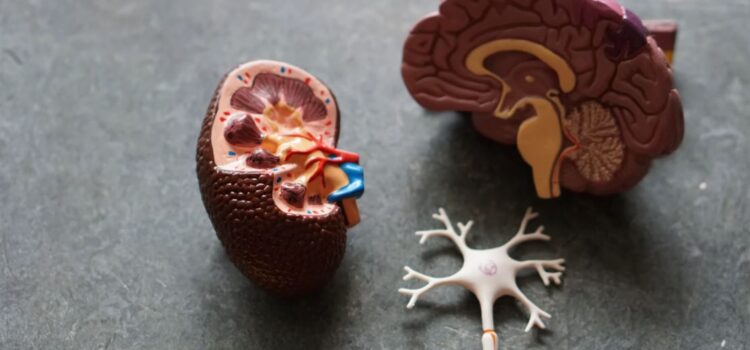Why do people donate to charity? Do they truly care about the cause—or just how they look to others? In The Elephant in the Brain, Kevin Simler and Robin Hanson argue that charity isn’t just about helping others—it’s also about showing off how compassionate and benevolent you are. This is part of their general argument that human behavior is driven by selfish motives. Continue reading to learn more about this theory.
Why Do People Donate to Charity—Really?










